Thaksin Shinawatra: the divisive former Thai PM back after 15 years
Telecoms tycoon turned populist politician arrested on arrival as parliament votes on new prime minister
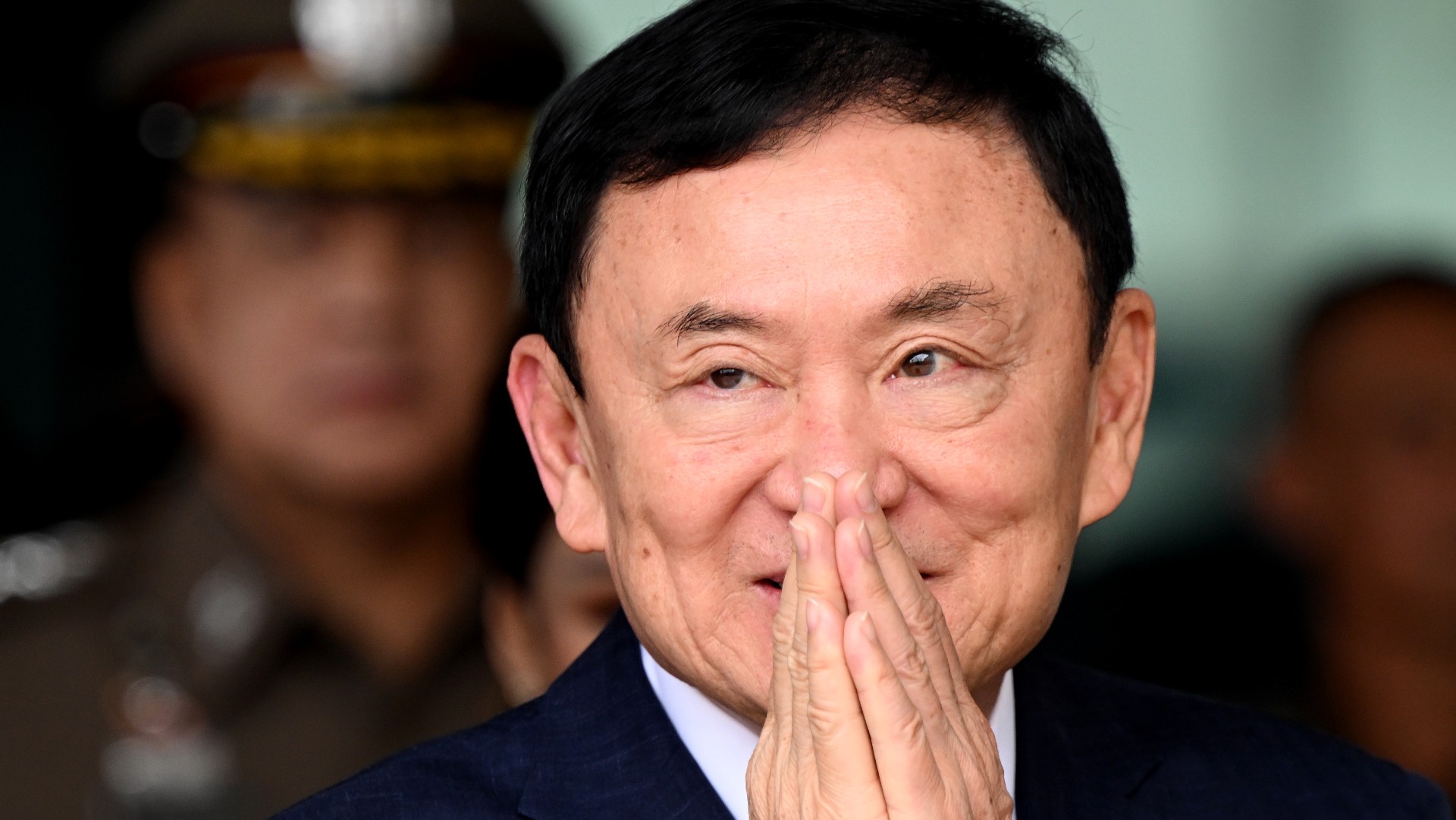
A free daily email with the biggest news stories of the day – and the best features from TheWeek.com
You are now subscribed
Your newsletter sign-up was successful
Thailand’s controversial former prime minister Thaksin Shinawatra has been taken into custody just minutes after arriving back in the country after 15 years in exile.
On the same day that parliament was due to vote for a new prime minister, hundreds of “red shirt” Thaksin supporters lined the streets leading to Bangkok’s main airport hoping to catch a glimpse of their idol, who still holds huge political sway in the country.
Thailand’s most successful elected leader, Thaksin has “long been feared by conservative royalists”, said the BBC. They have backed military coups and contentious court cases to weaken him, but now the “brash, politically ambitious telecoms tycoon is back”.
The Week
Escape your echo chamber. Get the facts behind the news, plus analysis from multiple perspectives.

Sign up for The Week's Free Newsletters
From our morning news briefing to a weekly Good News Newsletter, get the best of The Week delivered directly to your inbox.
From our morning news briefing to a weekly Good News Newsletter, get the best of The Week delivered directly to your inbox.
Who is Thaksin Shinawatra?
Born into a family of ethnic Chinese silk merchants in 1949 in the northern city of Chiang Mai, Thaksin became a policeman before moving to the US to do a PhD in criminal justice. On returning he set up a computer business in the late 1980s that grew into the country’s largest mobile network, in the process making him Thailand’s richest man.
It was as a child that he first saw the need to help the country’s rural communities, he told the Financial Times in 2016. He said he “spotted farmers toiling in the paddy fields when he was a boy on motorbike rides to school with his father”. Then when he needed people to work in the orange groves on his farm, he would discover more about their lives. “I [felt] like I should help, because I know how to work myself from nothing to be a rich man,” he said.
In the 1990s he used his immense wealth to bankroll a career in politics, serving as foreign minister and deputy prime minister. In 1998 he founded the populist Thai Rak Thai (Thais Love Thais) party, winning power just three years later in a landslide. He became the first Thai PM to complete a full term in office and was re-elected by a huge majority in 2005.
Labelling himself Thailand’s first “CEO prime minister”, Thaksin has always led an “arrogant larger-than-life existence where wheeling and dealing behind the scenes has been as important as what is presented to the public”, said a profile in The Guardian from 2006.
A free daily email with the biggest news stories of the day – and the best features from TheWeek.com
Populist promises to deliver extremely cheap healthcare, village rejuvenation projects and a debt moratorium for farmers turned Thaksin into an “overnight hero”, said the paper.
It also made him a hugely divisive figure, with critics accusing him of systematically dismantling constitutional checks and balances and eroding press freedom.
“To the rural masses, Thaksin is loved as the first leader to pay attention to the needs of millions living beyond Bangkok’s bright lights,” said Reuters. “To many in the urban middle class and the royalist elite, Thaksin was a crony capitalist who plundered the economy while in power.”
Downfall and exile
It was, perhaps ironically, his business dealings that led to his eventual downfall. The military, which had long despised him, successfully leveraged middle class anger surrounding the sale of over $2 billion worth of shares in his telecommunications business to stage a bloodless coup in 2006.
Choosing to go into self-imposed exile in Britain rather than fight what his supporters claimed were politically motivated corruption charges, he bought Manchester City football club in what Reuters called a “political gimmick”. He would return briefly to Thailand in 2008 to face abuse of power charges but left for good several months later.
On leaving, he famously revealed a handwritten note stating: “If I am fortunate enough, I will return and die on Thai soil.”
Even in exile – spent mostly in Dubai – he remained a “formidable force” in Thai politics, which has been “locked in a renewed cycle of elections and coups since his removal”, reported Al Jazeera.
Parties linked to Thaksin have remained popular over the past 15 years, and his younger sister Yingluck won elections in 2011 before herself being ousted in a military coup in 2014.
A third act?
Upon his arrival back in Bangkok on Tuesday, the 74-year-old Thaksin was immediately taken to the Supreme Court where he was sentenced to eight years in prison.
The timing of his return is far from coincidental, coming just hours after Pheu Thai, the latest incarnation of the populist political movement he founded, was due to make a bid for power in an alliance with parties linked to the generals who ousted the last pro-Thaksin government in 2014.
As Thailand struggles to elect a new leader, Thaksin is “now seen as the potential face of compromise”, someone who could “represent the interests of the old guard”, said The New York Times.
There is widespread speculation that Thaksin has struck a deal that will keep him from serving more than a short period in prison in return for keeping the military and conservative establishment in power.
-
 6 of the world’s most accessible destinations
6 of the world’s most accessible destinationsThe Week Recommends Experience all of Berlin, Singapore and Sydney
-
 How the FCC’s ‘equal time’ rule works
How the FCC’s ‘equal time’ rule worksIn the Spotlight The law is at the heart of the Colbert-CBS conflict
-
 What is the endgame in the DHS shutdown?
What is the endgame in the DHS shutdown?Today’s Big Question Democrats want to rein in ICE’s immigration crackdown
-
 How corrupt is the UK?
How corrupt is the UK?The Explainer Decline in standards ‘risks becoming a defining feature of our political culture’ as Britain falls to lowest ever score on global index
-
 ‘Bad Bunny’s music feels inclusive and exclusive at the same time’
‘Bad Bunny’s music feels inclusive and exclusive at the same time’Instant Opinion Opinion, comment and editorials of the day
-
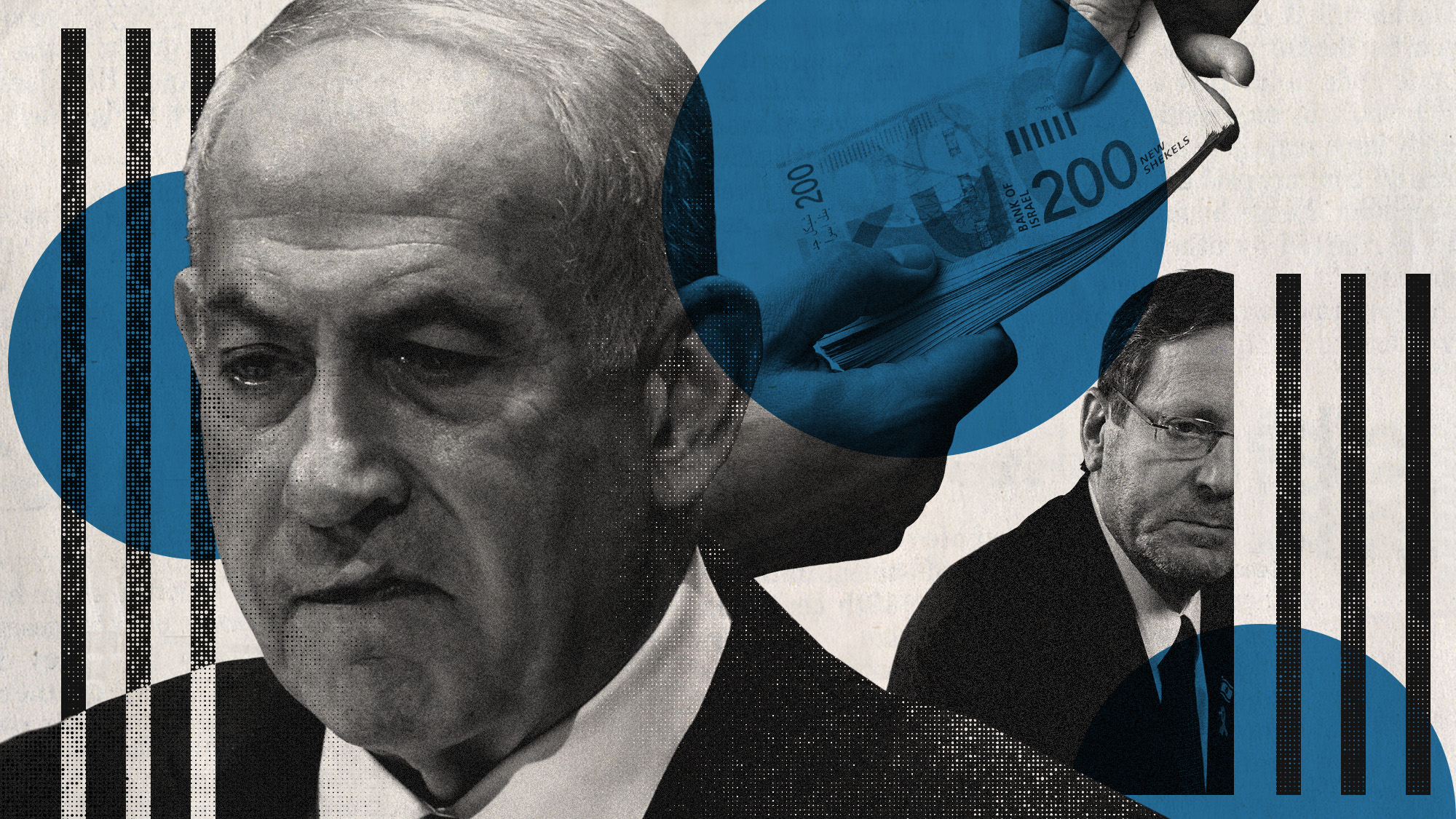 Will Netanyahu get a pardon?
Will Netanyahu get a pardon?Today's Big Question Opponents say yes, if he steps down
-
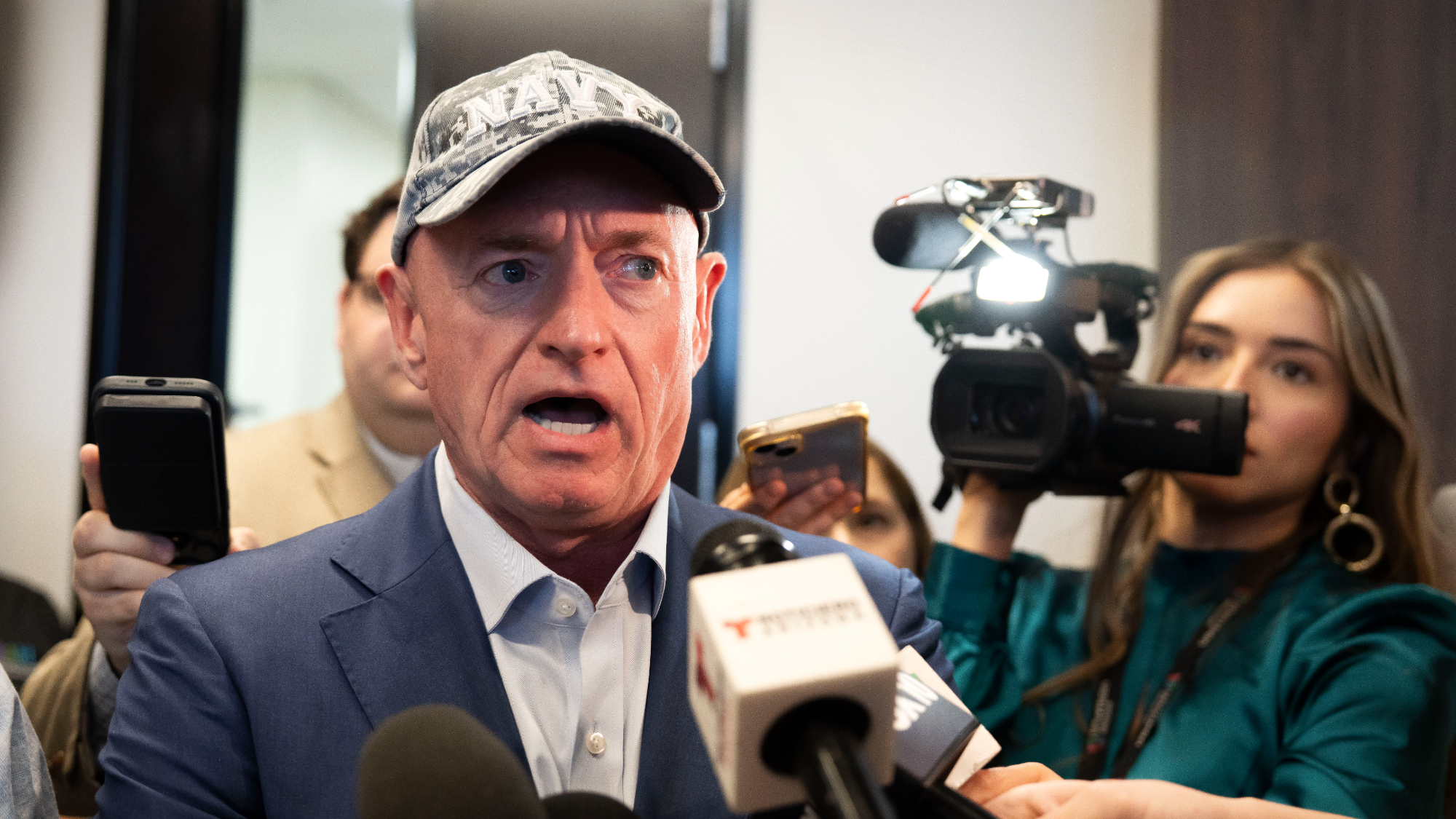 Pentagon targets Kelly over ‘illegal orders’ video
Pentagon targets Kelly over ‘illegal orders’ videoSpeed Read The Pentagon threatened to recall Kelly to active duty
-
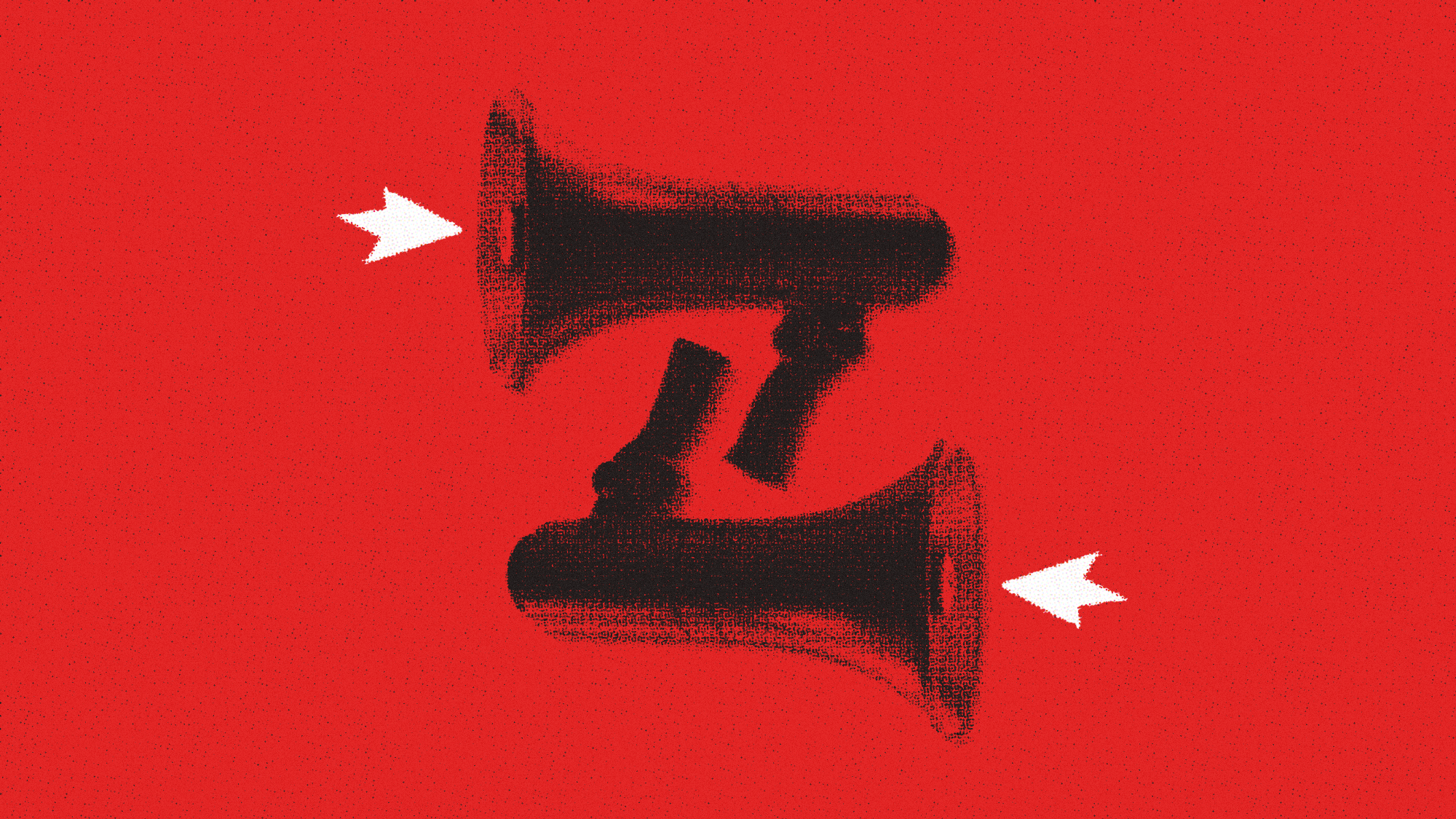 Can Gen Z uprisings succeed where other protest movements failed?
Can Gen Z uprisings succeed where other protest movements failed?Today's Big Question Apolitical and leaderless, youth-led protests have real power but are vulnerable to the strongman opportunist
-
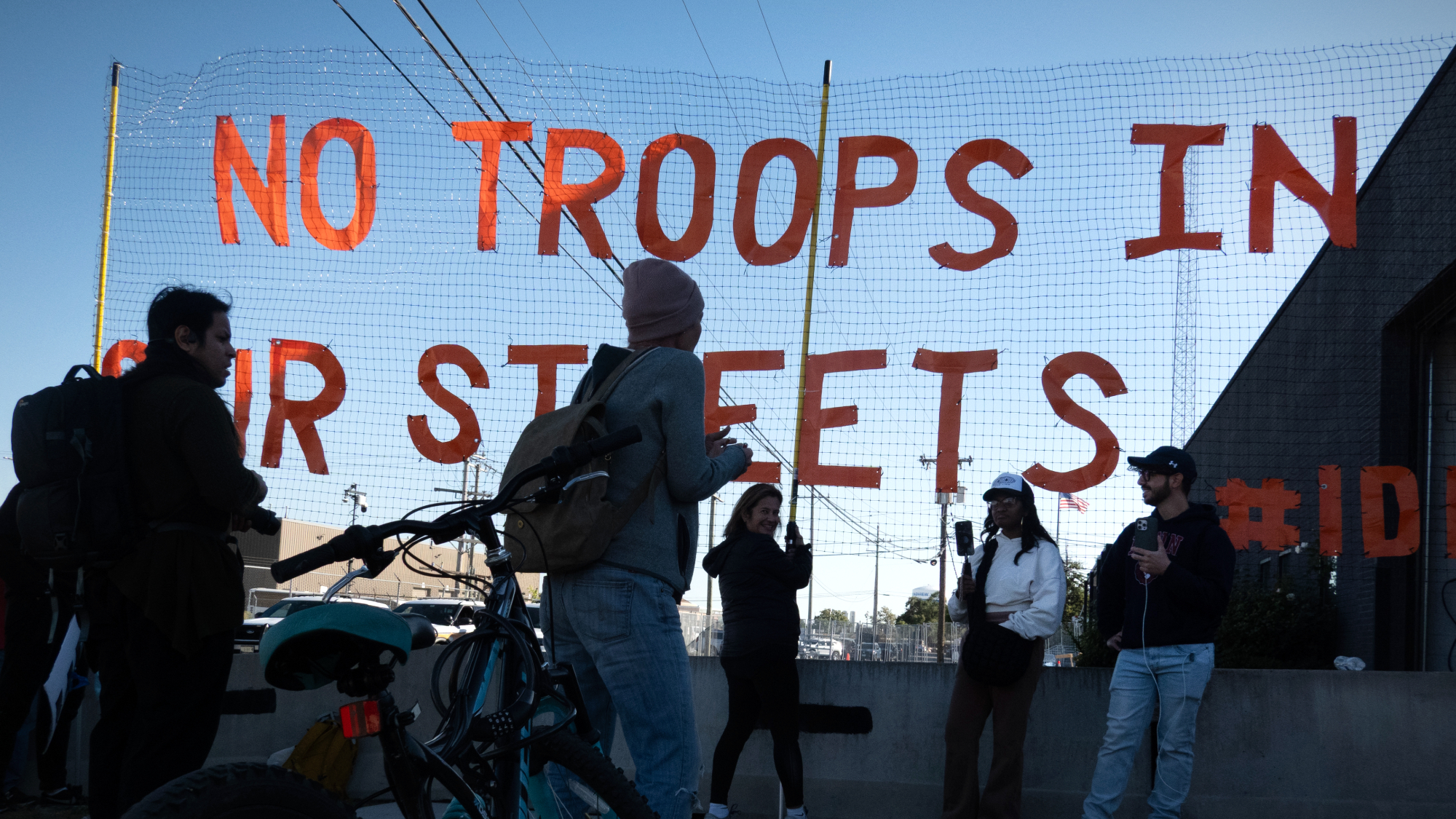 Judge blocks Trump’s Guard deployment in Chicago
Judge blocks Trump’s Guard deployment in ChicagoSpeed Read The president is temporarily blocked from federalizing the Illinois National Guard or deploying any Guard units in the state
-
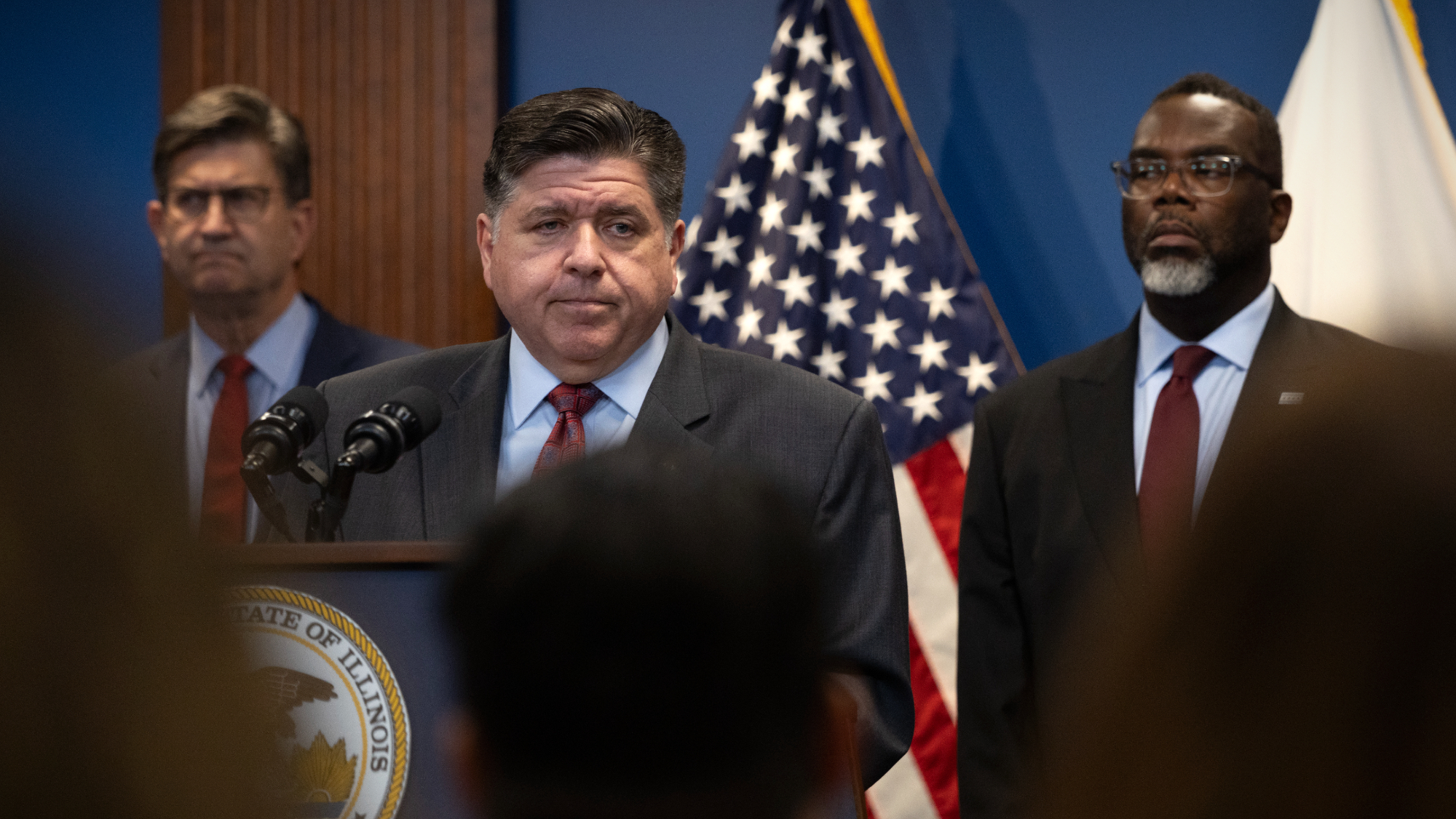 Court allows Trump’s Texas troops to head to Chicago
Court allows Trump’s Texas troops to head to ChicagoSpeed Read Trump is ‘using our service members as pawns in his illegal effort to militarize our nation’s cities,’ said Gov. J.B. Pritzker
-
 Trump: US cities should be military ‘training grounds’
Trump: US cities should be military ‘training grounds’Speed Read In a hastily assembled summit, Trump said he wants the military to fight the ‘enemy within’ the US